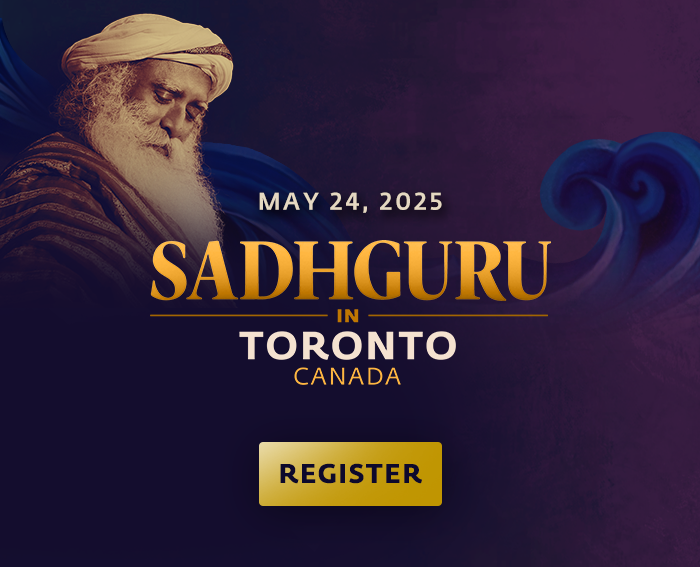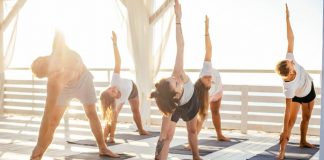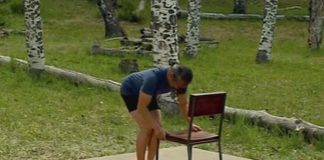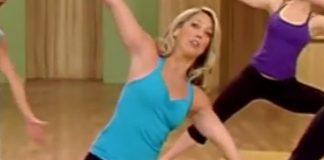Yoga is an awesome practice for many reasons and can be practiced for a variety of uses. Yoga has a unique ability to calm a person while providing an outstanding exercise. Mindfulness techniques used in many psychotherapies are taught during the exercise, as well as deep breathing and other relaxation techniques. These premises are used in many counseling and therapy sessions as coping skills to combat problems with anxiety.
If you have ever experienced an anxiety attack, you may be able to relate to a racing heartbeat, elevated blood pressure, knotted stomach, sweaty palms, restless mind, catastrophic thinking, or variations of similar symptoms. Though these are often unpleasant conditions, yoga is a practice that can help reduce these anxiety symptoms.
Yoga Breathing Techniques for Anxiety include:
1) Practicing Mindfulness
2) Full and Deep Breathing
Mindfulness
Mindfulness is a method taught in yoga that takes practice to understand. Mindfulness can be explained in a few different ways; however, I like to explain it as a way of “mind-full” vs “mindful”.
A) Mind-Full: To be mind-full is to have a full mind. Think of your anxieties- thoughts racing around in your head, you cannot sleep or concentrate on anything except your restless worries. Your mind is totally crammed full of past regrets and future fears.
B) Mindful: To be mindful is to be present in the current moment that you are living, to be able to focus on the here and now. Yoga teaches this concept by bringing awareness to the body parts. Yoga puts the body into unique and different poses that challenges the mind to focus with intention on each move of the muscle. Drawing this awareness to the self causes the breathing to slow and thoughts to no longer race. Learning mindfulness in yoga is excellent, and it is even more useful when it can be taken and practiced outside of the yoga studio.
Full and Deep Breathing
Full and deep breathing in through the nose and out through the mouth is another way to bring focus to the mind, slow the breathing, and get the most effective breaths. Especially in the beginning and end of yoga, the instructor will guide full and deep breathing practices with lights dim, eyes closed, and soothing sounds to bring intentional awareness to the deep breathing. When experiencing an anxiety attack, this same method of breathing is an effective way to overcome.
Practice mindfulness and take deep breaths.
47 Most Famous Motivational Quotes of All-Time
49 Greatest Love Quotes
37 Inspirational Quotes that Will Change Your Life
































